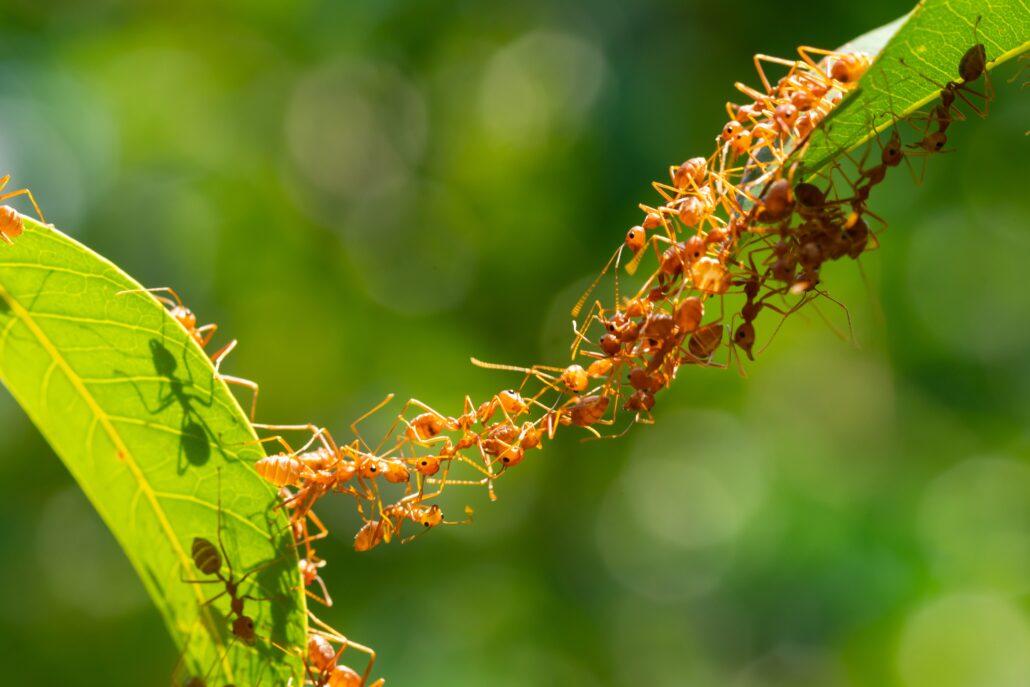
Skills for Net Zero | By Dr Victoria Hands & Prof Stephen Peake, The Open University.
OPINION | There are more graduates alive today than at any time in human history – yet ecologically, for example in terms of Planetary Boundaries, we are 90 seconds before the proverbial midnight hour. We are at ‘Code Red’ for humanity. This has led to calls for a different skills set than the one which has brought us to this crisis point. Skills which enable “…more peacemakers, healers, restorers, storytellers and lovers of every kind….. people who live well in their places….people of moral courage willing to …. make the world habitable and humane.’ Not your day job? What if now is the time for an urgent and radical transformation in the skills we learn to deliver Net Zero?
Scientifically, we’ve known for decades what Net Zero means for the planet and society. A Net Zero planet, economy, and society is one that permanently removes from the atmosphere at least as much greenhouse gas as it emits. Scientific, industrial and technological skills to move away from fossil fuels and towards renewable energy systems are estimated to affect around a fifth of today’s workers – those currently employed in sectors that have a core role in delivering Net Zero. They need skills including:
•ecological literacy and nature-centric design
•systems rethinking and redesign for integrated services
•circular and closed loop resource cycling
•collaboration across and within sectors – climate safety can be the only winner
•accelerated capital and finance creation
•resource efficient and climate resilient redesign of machines, cities and infrastructure
•clean energy (solar, onshore and offshore wind in particular)
•new industrial hydrogen systems, carbon capture utilisation and storage (CCUS) and nature-based solutions.
The challenge is to survive in a rapidly heating world whilst transitioning to a low carbon renewable energy economy: re-skilling as we heat up. Climate risk multipliers from extreme weather impacts such as heatwaves, droughts, wildfires, and flooding now affect us all. This means that every job has the potential to be a ‘green job’ and this requires skills in:
•prevention, risk reduction and mitigation
•community resilience, including local food growing and community care
•regenerative practices and restoring nature
•compassion, kindness, and care for the most vulnerable in society
•disaster management, recovery and resilience for nature, people, and culture across all sectors.
‘Green skills’ are defined as ‘the knowledge, abilities, values, and attitudes needed to live in, develop and support a sustainable and resource-efficient society’. Skills for Net Zero must focus on values and attitudes to deliver a behavioural transition in order that modern, renewable, industrial economic systems can adapt to the climate impacts we face. This means skills, humility and confidence in:
•unlearning as much as learning, in particular for senior leaders
•challenging our assumptions and learning from failures
•recognising unsustainable values and attitudes
•refocusing on the ‘big picture’, on becoming a ‘good ancestor’ to future generations
•allyship to ensure involvement of the full diversity of people affected by organisational activities.
People of colour, women, youth, older experienced workers and those from low-income backgrounds have not been sufficiently included in the recent digital skills drive to activate the huge potential and possibilities of an inclusive, diverse workforce which also strengthens local communities.
Decarbonisation is inextricably linked to decolonisation and democratisation and therefore it represents a profound shift in consciousness, including the understanding that people are part of nature which is a starting place for the development of ecological literacy. Skills related to how we creatively shift our values and attitudes are essential and these include skills which stimulate the heart as well as the mind such as:
·storytelling
·visioning a thriving future and artistry of all kinds
·stimulating creativity
·engendering a love for nature and a sense of belonging to place and people.
As the largest UK academic institution, The Open University produces accessible and impactful learning through our formal qualifications, short courses and free content on OpenLearn, as well as collaborating with the BBC on programmes such as Wild Isles and Blue Planet II. We recently celebrated 25 years of renewable energy education and launched a new Microcredential – Climate Change: Transforming your Organisation for Sustainability intended to support those delivering Net Zero in the workplace to reimagine their organisation.
See all recent Climate Perspectives editions here.
The Open University was born a disruptor and extends educational opportunities to those normally excluded from full-time campus-based provision. In 2019, The OU Sustainability vision ‘to create and share learning and knowledge for social and environmental justice’ challenged our staff to ask: What if education could once again act as a disruptive innovation? What if sustainability became ‘everyone’s job’? This is the approach The Open University is taking to Net Zero as we upskill and reskill our own colleagues, embed skills for Net Zero across our curriculum and generate new content in collaboration with a range of partners. Join us!